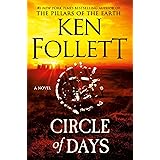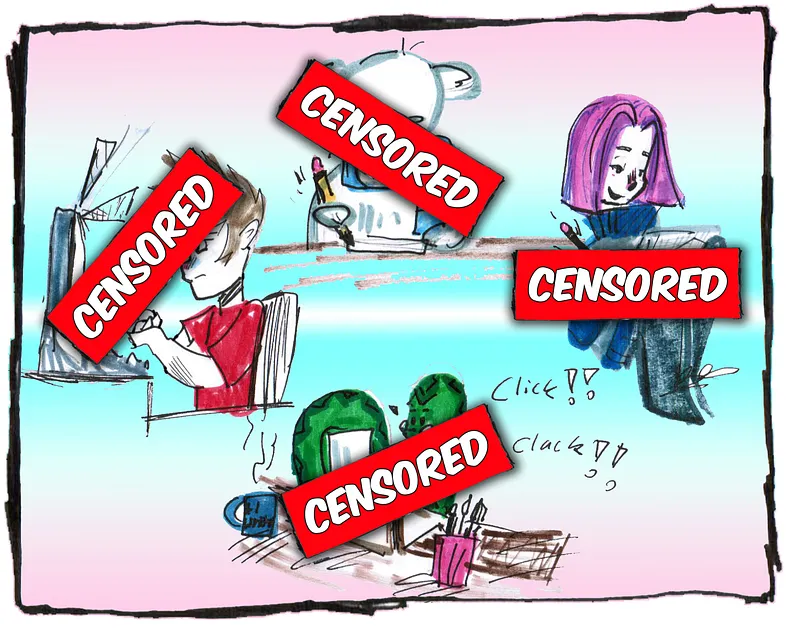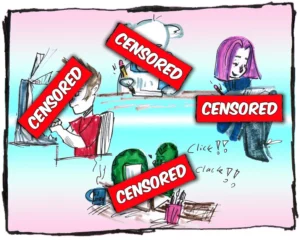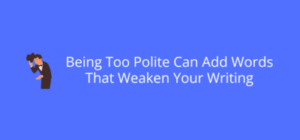“Unmasking the Myths: What ‘Bad’ Writing Criticism Really Reveals About Your Craft”
Have you ever shared your creative work only to face the dreaded critique that feels more like a punch to the gut than constructive feedback? Imagine this: You’re in the cozy basement of a speakeasy, passionately reading the opening of your novel, and you leave feeling like your literary dreams just got trampled. That’s the kind of awkward vulnerability many writers face when seeking peer reviews. In this candid exploration, I delve into the invaluable lessons learned from receiving, well, less-than-stellar suggestions—because sometimes, even “bad” advice can lead to unexpected breakthroughs. So, grab your notepad, and let’s uncover why you should embrace every critique—no matter how painful they may initially seem! LEARN MORE.

And why even “bad” suggestions can be good advice
A while ago, I took the beginning of my novel to a Meetup writing workshop hoping to get some help tightening it up and figuring out a great hook.
In the secret basement of an adorable 1920s-themed speakeasy, I read the first few pages of my upcoming book and listened as the group critiqued the opening passages.
Let’s just say I didn’t leave happy.
Peer Review Pains
Thanks to being a creative writing major in college, I’ve participated in more writing workshops than I can count. So it’s not like I was anticipating that the whole group would ooooh and aaaah over what an incandescent talent I am. I know better than to expect that in peer reviews.
Moreover, I wanted constructive criticism. I’m all about it. In fact, sometimes I can end up seeking so much of it that my own voice gets lost in the shuffle and I have to take extra care to sift through what advice will and won’t work for my project because I’m so tempted to integrate all of it.
It’s a good thing that I have honed this skill over the years, as the group I attended did not at all understand what I was going for with my novel’s opening chapter.


















